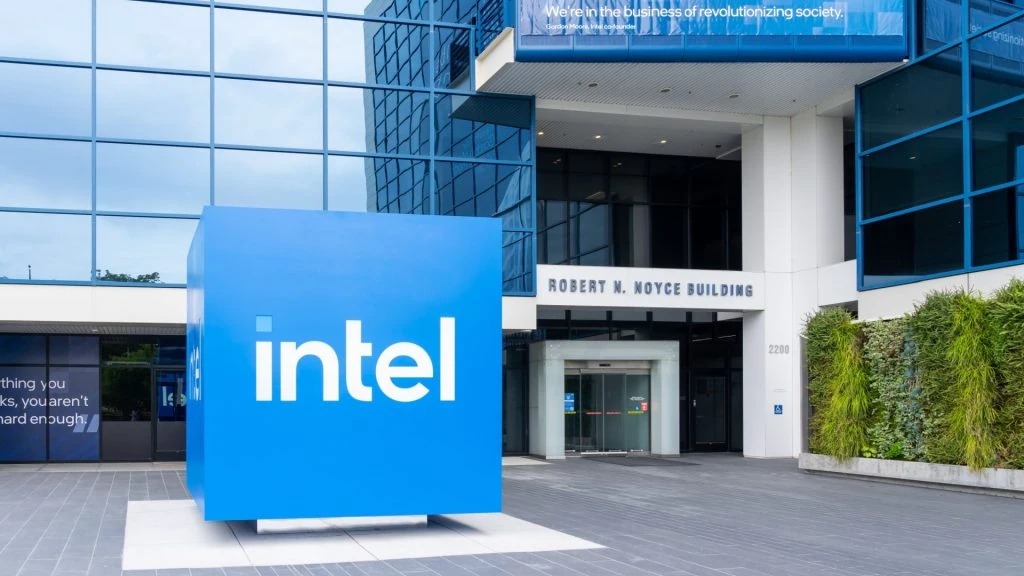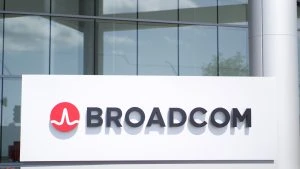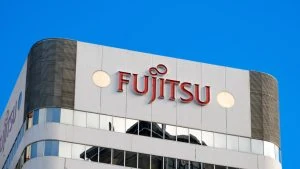Intel is trying to get back to the top of the chip industry – but high losses are calling its ambitions into question. Radical ideas are now being considered.
According to a media report, the struggling semiconductor giant Intel is considering drastic measures such as splitting up or abandoning factory projects. The various options should be presented to the Board of Directors in September, wrote the financial service Bloomberg, citing informed persons. However, the considerations are still at an early stage and no steps are imminent, it said.
According to Bloomberg, one possibility would be for Intel to divest itself of chip production, which has already been spun off into a separate division. However, it is more likely that the company will put the brakes on some expansion projects. Intel CEO Pat Gelsinger’s previous plan is to earn money as a contract manufacturer for other chip developers. Intel did not wish to comment on the information when asked by Bloomberg.
Further losses expected
Intel is under pressure. In the last quarter alone, the company posted a loss in the billions – and analysts are expecting further losses. Gelsinger is taking countermeasures and announced the reduction of around 15,000 jobs at the beginning of August. That is around 15 percent of the workforce. Overall, he wants to save more than ten billion dollars in the coming year.
In Germany, Intel is planning a plant in Magdeburg costing around 30 billion euros. However, the company is still waiting for approvals for the billion-euro subsidies, among other things. The ground-breaking ceremony has so far been targeted for the end of the year – with production starting in 2027. Intel has already brought financial firms on board as investors for two expensive factories in the USA and Ireland.
“Costs too high, margins too low.”
Gelsinger already sounded quite dramatic in an e-mail to employees in August. Intel’s cost structure was “not competitive”, he wrote, among other things. “Our costs are too high, our margins are too low.” Investment plans had also been adjusted in line with expected market developments, he said without providing further details. At the same time, it was announced that Intel had put investments in France and Italy on hold.
dpa






